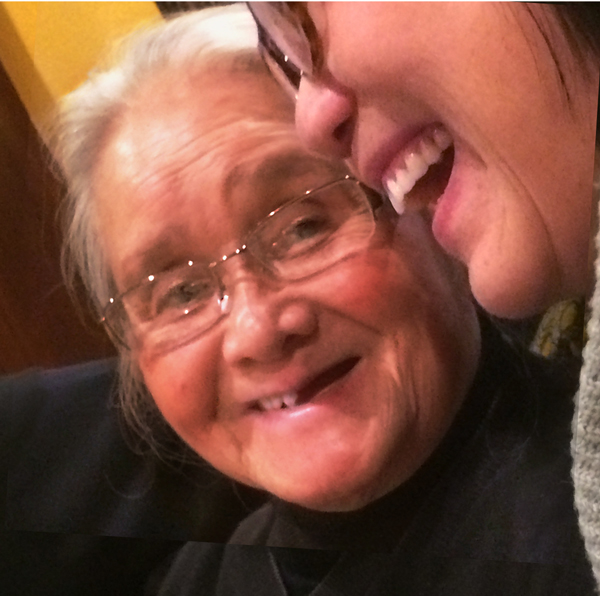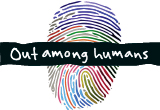 Her young family slipped through the Bamboo Curtain.
Her young family slipped through the Bamboo Curtain.
The reverend faced his congregation each Sunday and intoned “Savior of the world…”
“…save China!” the boy in the student pews would reply.
The seven-year old had seen photos of ‘chinamen.’ There was a man on TV who wore rubber bands to slant up his eyes and there was the movie detective named Charlie Chan.
The boy liked to dig holes in his backyard — his parents didn’t mind — and it was commonly known in the neighborhood that if you dig straight down you’d reach China. He put that on his to-do list so he could see how bad things were for himself.
Thirteen time zones to the west, a Cantonese woman was expecting her first child. She and her husband had no idea there was a American boy praying for them. And while we can’t know for sure his prayers changed the course of their lives, it makes for a better story if we accept that they did.
The woman was a pediatric nurse and her husband a surgeon, exactly the kind of educated people Chairman Mao sent to rural camps to be ‘reeducated.’
It was in the middle of the night when they fled The Peoples’ Republic, traveling with two small children and just enough luggage to look as if they were spending a weekend in Hong Kong.
A third child was born in Hong Kong where couple pursued their professions and raised their family. The woman studied painting under a Chinese master.
American universities attracted their children, and with a date certain for Hong Kong’s surrender to Communist control, she and her husband immigrated as well. Daily life could be puzzling and the American language used toneless sounds, but they were welcomed into a vibrant church community and became U.S. citizens.
They had no way of knowing the guest who came to dinner soon after they immigrated, a man obviously taken with their daughter, had prayed for their deliverance decades earlier. He himself had no recollection of the prayers his archbishop had ordered.
What is interesting is that while the American had abandoned the practice of prayer, the woman who was denied that right under Communism made it a lifelong habit. The direction of their prayers had reversed. Now it was she praying for him, the ‘gwailou’ who married her daughter.
So-Ying (the woman’s name means ‘pure and sparkling’) was recently joined by friends and family to celebrate her ninetieth birthday.
The first dish served was her son-in-law’s favorite, a walnut shrimp with a something sauce. Before the lazy Susan was nudged around the table, the matriarch bowed her head as a signal, and together they offered thanks for the things that had come to pass.![]()
